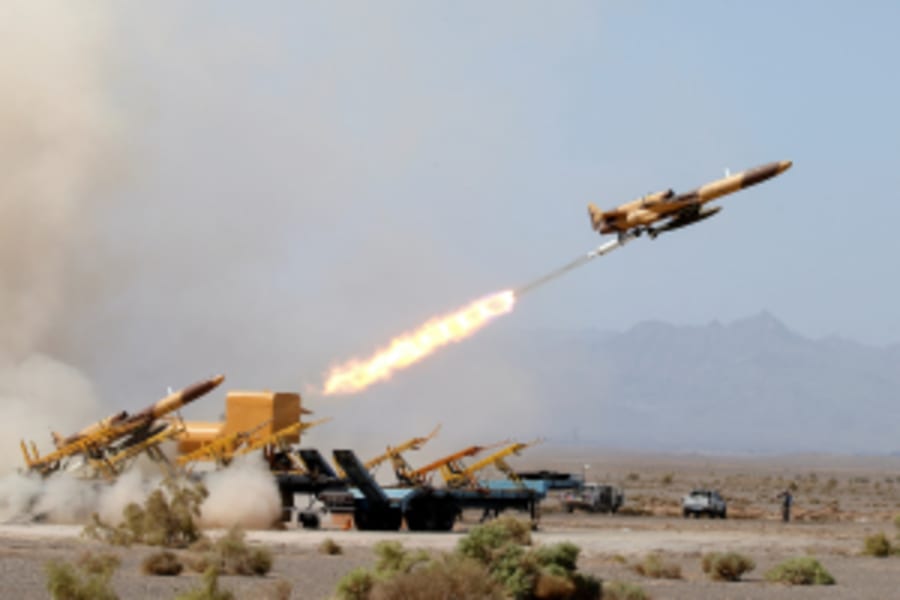US believes Iranian retaliation attack against Israel is imminent, Biden convenes National Security Council
Saudi Arabia and Jordan reportedly tell Iran not to use their airspace in attack on Israel

U.S. Secretary of State Antony Blinken held a conference call with colleagues from the G7 nations on Sunday, where he warned that an attack against Israel by the Iranian regime and the Hezbollah terrorist group in Lebanon could begin as early as Monday.
G7, or Group of Seven, is an organization composed of seven of the world's largest advanced economies, including the United States, Canada, United Kingdom, Germany, France, Italy, and Japan. The European Union is also represented within the G7 but is not counted as one of the member states
Blinken reportedly convened the conference call to coordinate positions with America's closest allies and to make a last-minute attempt to pressure Iran and Hezbollah to minimize their retaliatory strikes in order to prevent a regional escalation.
On Sunday, the Axios news site reported that three officials briefed on the G7 call indicated a retaliatory strike could take place as soon as Monday. The said Blinken believes both Hezbollah and Iran will retaliate for the killing of Fuad Shukr, senior Hezbollah official killed in Beirut last Wednesday, as well as for the killing of Hamas political leader Ismail Haniyeh hours later.

It is not known whether Iran and Hezbollah will attempt to coordinate their attacks or operate independently. Blinken also reportedly told his colleagues that, unlike the Iranian attack against Israel in April, the U.S. has no indication of what form the retaliation will take.
Blinken said the U.S. was hoping to limit the attacks by Iran and Hezbollah and then restrain the Israel response to minimize the risk of further escalation. He asked the G7 foreign ministers to apply diplomatic pressure on Iran, Hezbollah, and Israel to urge restraint.
Following the call, the G7 nations published a statement expressing “deep concern” over the situation in the Middle East.
“We express our deep concern over the heightened level of tension in the Middle East which threatens to ignite a broader conflict in the region,” the leaders wrote.
“We urge all involved parties to refrain from perpetuating the current destructive cycle of retaliatory violence, to lower tensions and engage constructively towards de-escalation. No country or nation stands to gain from further escalation in the Middle East.”
U.S. President Joe Biden is reportedly concerned about the Iranian attack and the potential Israeli response. According to the White House, the president will convene a meeting with his national security team on Monday to discuss the latest developments in the Middle East.
The White House also said that Biden will speak with Jordan's King Abdullah II following the recent visit of Jordanian Foreign Minister Ayman Safadi to Tehran to meet with his Iranian counterpart.
According to an N12 News report, Jordan and Saudi Arabia have conveyed a message to Iran that they will operate against any missiles or drones passing through their airspace in the interests of national security and sovereignty.
A Saudi official told N12: “A Saudi official told N12: "Iran is coordinating this with neighboring countries, including Saudi Arabia and Jordan, and its missiles are not expected to enter our airspace. We have said in the past that Saudi Arabia will intercept any missile that enters its airspace, and the Iranians understood this. If that happens, we will certainly prevent it, as we did in April."
We recommend to read:

The All Israel News Staff is a team of journalists in Israel.














